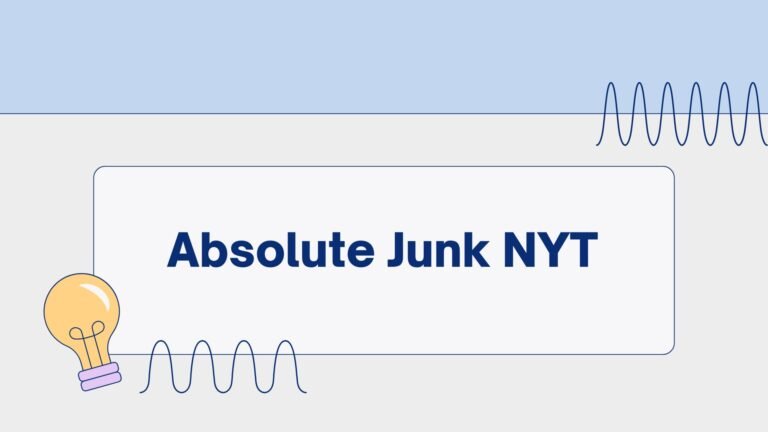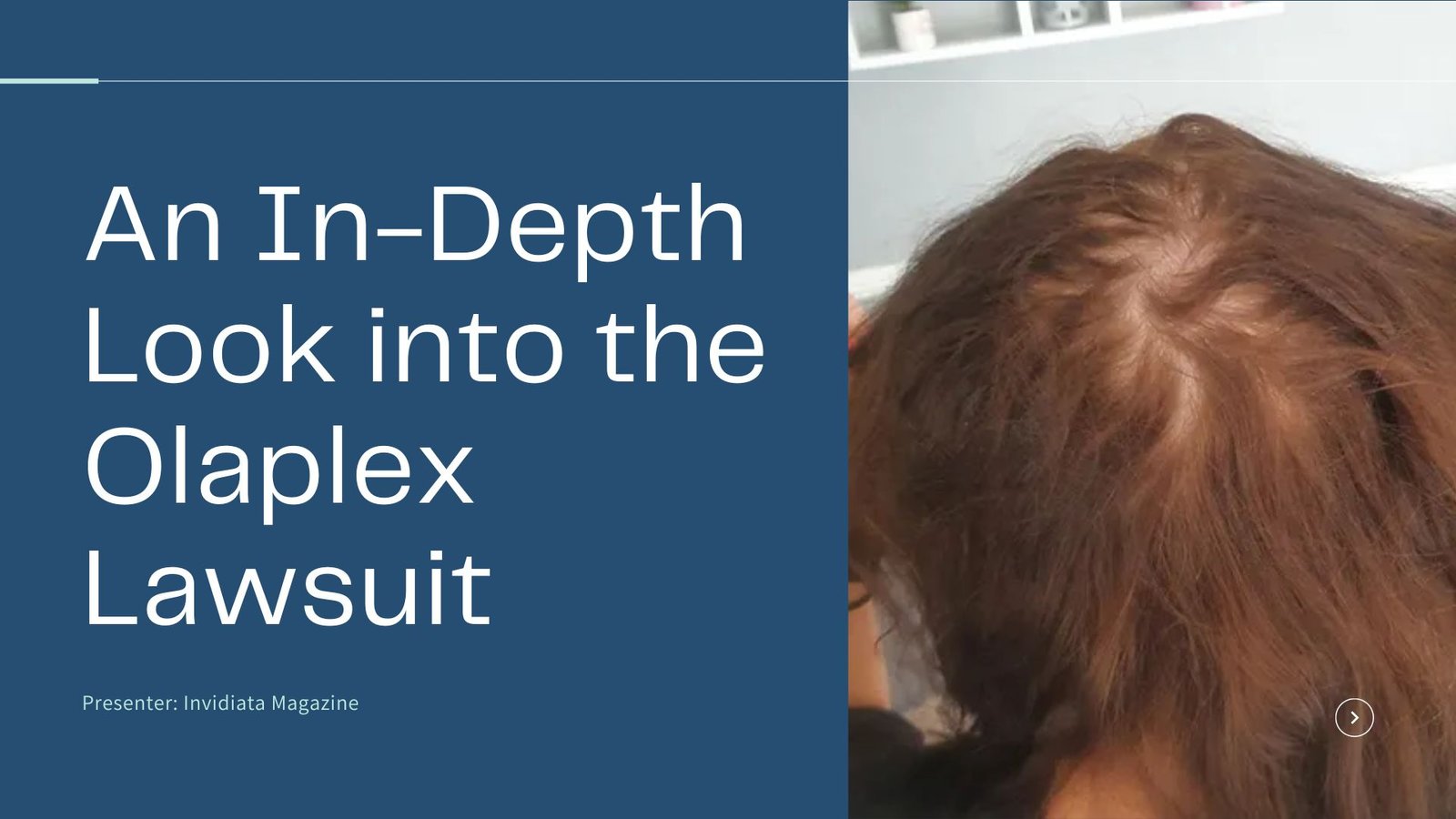In recent years, many readers have noticed a decline in the quality of content published by major news outlets. One term that has gained traction among critics is “absolute junk NYT,” referring to articles and opinions published by The New York Times that seem to lack depth, accuracy, or relevance. This blog post aims to explore why this sentiment is growing and what it
The Rise of Absolute Junk in NYT: A Critical Perspective
In recent years, many readers have noticed a decline in the quality of content published by major news outlets. One term that has gained traction among critics is “absolute junk NYT,” referring to articles and opinions published by The New York Times that seem to lack depth, accuracy, or relevance. This blog post aims to explore why this sentiment is growing and what it means for the future of journalism.
Also Read: Angry Grunt Nyt
The Erosion of Quality Journalism
The phrase “absolute junk NYT” encapsulates the frustration of many long-time readers who have witnessed a shift from well-researched, insightful journalism to clickbait headlines and superficial reporting. While The New York Times has historically been regarded as a bastion of high-quality journalism, the increasing pressure to attract digital ad revenue and compete with the immediacy of social media has arguably compromised its editorial standards.
Examples of Decline
Several instances illustrate why the term “absolute junk NYT” has become prevalent. Take, for example, the frequent publication of opinion pieces that prioritize provocative takes over factual accuracy or nuanced analysis. These articles often spark outrage and debate, driving traffic but sacrificing journalistic integrity. Additionally, some investigative reports have been criticized for lacking thoroughness, leaving readers with more questions than answers.
Also Read: Sector NYT Crossword
The Impact on Public Trust
The prevalence of “absolute junk NYT” articles has significant implications for public trust in the media. As readers become more discerning and skeptical, the perception of a once-reliable source of information diminishes. This erosion of trust is detrimental not only to The New York Times but also to the broader media landscape, as it fuels the rise of misinformation and alternative news sources that may lack credibility.
Also Read: No Longer a Fan of Nyt
Moving Forward
To address the issue of “absolute junk NYT” content, The New York Times needs to reaffirm its commitment to quality journalism. This involves investing in thorough investigative reporting, ensuring that opinion pieces are well-grounded in fact, and resisting the temptation to publish sensationalist content purely for clicks. By prioritizing substance over sensationalism, The New York Times can rebuild its reputation and restore readers’ faith in its reporting.
In conclusion, the criticism encapsulated by the term “absolute junk NYT” highlights a critical issue in contemporary journalism. As The New York Times navigates the challenges of the digital age, it must strive to uphold the principles of quality and integrity that once made it a trusted source of news.

Daniel J. Morgan is the founder of Invidiata Magazine, a premier publication showcasing luxury living, arts, and culture. With a passion for excellence, Daniel has established the magazine as a beacon of sophistication and refinement, captivating discerning audiences worldwide.





